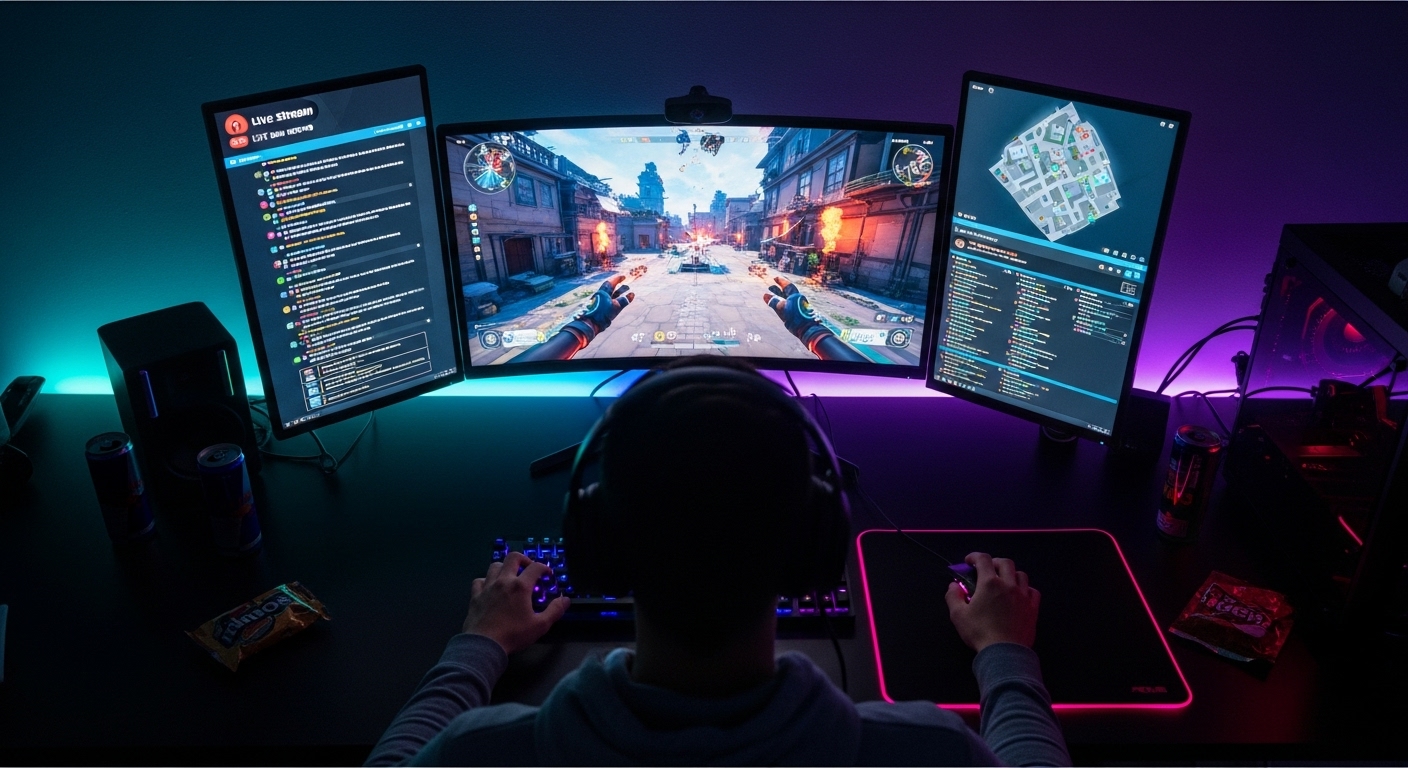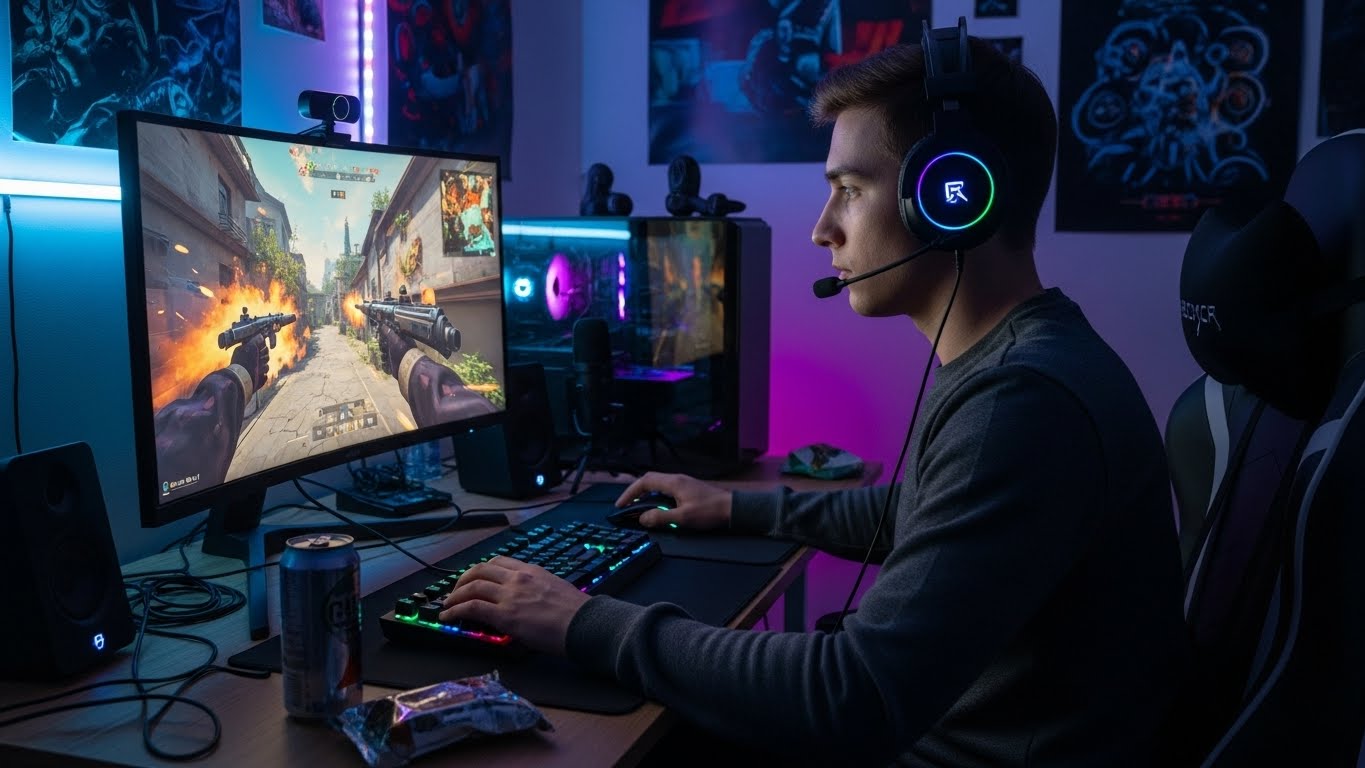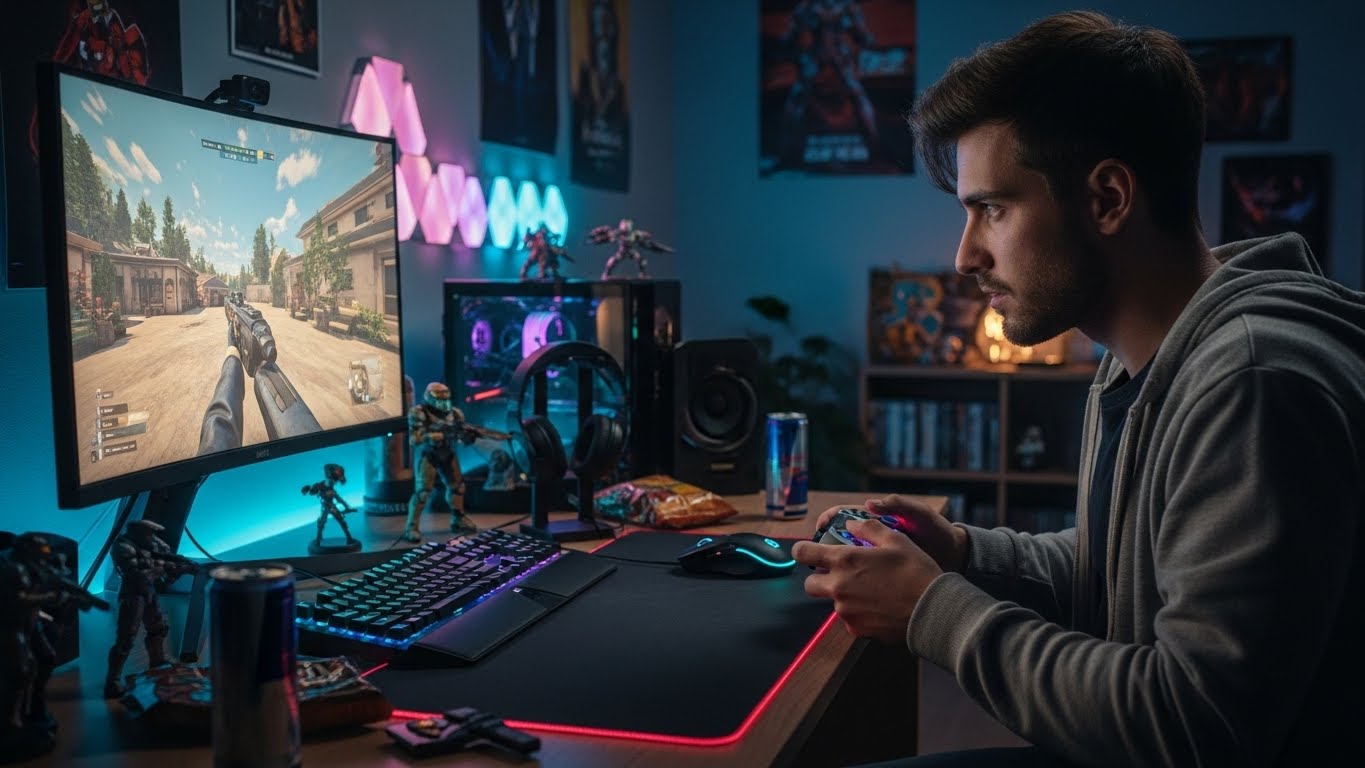Introduction
Gaming has grown far beyond a simple hobby—it has become a major part of global culture. From casual mobile games to high-end console and PC experiences, gaming engages millions of people around the world. It entertains, challenges, and connects players in ways that traditional media cannot. The impact of gaming extends to technology, social interaction, and even education, making it a powerful force in modern life.
The Evolution of Gaming
The journey of gaming is a story of rapid evolution. Early video games were simple, pixel-based experiences that focused purely on entertainment. Over the years, advances in technology have transformed games into complex, immersive worlds with realistic graphics, interactive storytelling, and online connectivity. Today, players can explore vast virtual worlds, compete in global tournaments, or socialize in multiplayer environments, all from the comfort of their homes.
Gaming as a Storytelling Medium
Modern games often tell stories as compelling as books or movies. Players become active participants, shaping outcomes through their decisions and actions. Whether it’s an epic adventure, a mystery to solve, or a simulation of real-life experiences, games provide narratives that engage the imagination and evoke strong emotional responses. This interactive storytelling makes gaming unique among entertainment forms.
Social Connections in Gaming
Contrary to outdated stereotypes, gaming is highly social. Online multiplayer games, gaming communities, and streaming platforms allow players to connect with friends and strangers worldwide. Gamers collaborate, strategize, and form long-lasting friendships through shared experiences. Competitive esports and tournaments also bring communities together, highlighting the social and collaborative nature of gaming culture.
Cognitive and Skill Benefits
Gaming is not just fun; it also develops valuable skills. Many games improve problem-solving, strategic thinking, and multitasking abilities. Puzzle and strategy games enhance critical thinking and planning, while fast-paced action games boost reflexes and coordination. Some games even promote creativity, teamwork, and leadership, proving that gaming can be both enjoyable and educational.
The Rise of Competitive Gaming
Esports has transformed gaming into a professional industry. Players compete in organized leagues and tournaments, earning recognition, sponsorships, and substantial prizes. Competitive gaming requires dedication, strategy, and skill, making it a serious pursuit for many. The growth of esports also inspires careers in game development, streaming, coaching, and event management, demonstrating gaming’s expanding influence.
Technology and Innovation in Gaming
Gaming drives technological progress in areas such as graphics, artificial intelligence, virtual reality, and motion sensing. Innovations created for games often influence other industries, including education, training, and simulation. Virtual reality and augmented reality are pushing the boundaries of immersive experiences, allowing players to engage with digital worlds like never before.
Gaming and Well-Being
When enjoyed in moderation, gaming can positively affect mental health. It offers stress relief, a sense of achievement, and opportunities for social interaction. Story-driven or cooperative games provide emotional engagement and a chance to relax from daily pressures. The key is balance, ensuring that gaming complements life rather than replacing other meaningful activities.
Conclusion
Gaming is more than entertainment; it is a cultural and technological phenomenon that shapes modern life. It educates, connects, and challenges players while driving innovation in technology and media. Whether through storytelling, social interaction, or competitive play, gaming continues to redefine how people engage with digital worlds. As technology evolves, the possibilities for gaming are limitless, and its impact on society will only grow stronger.



